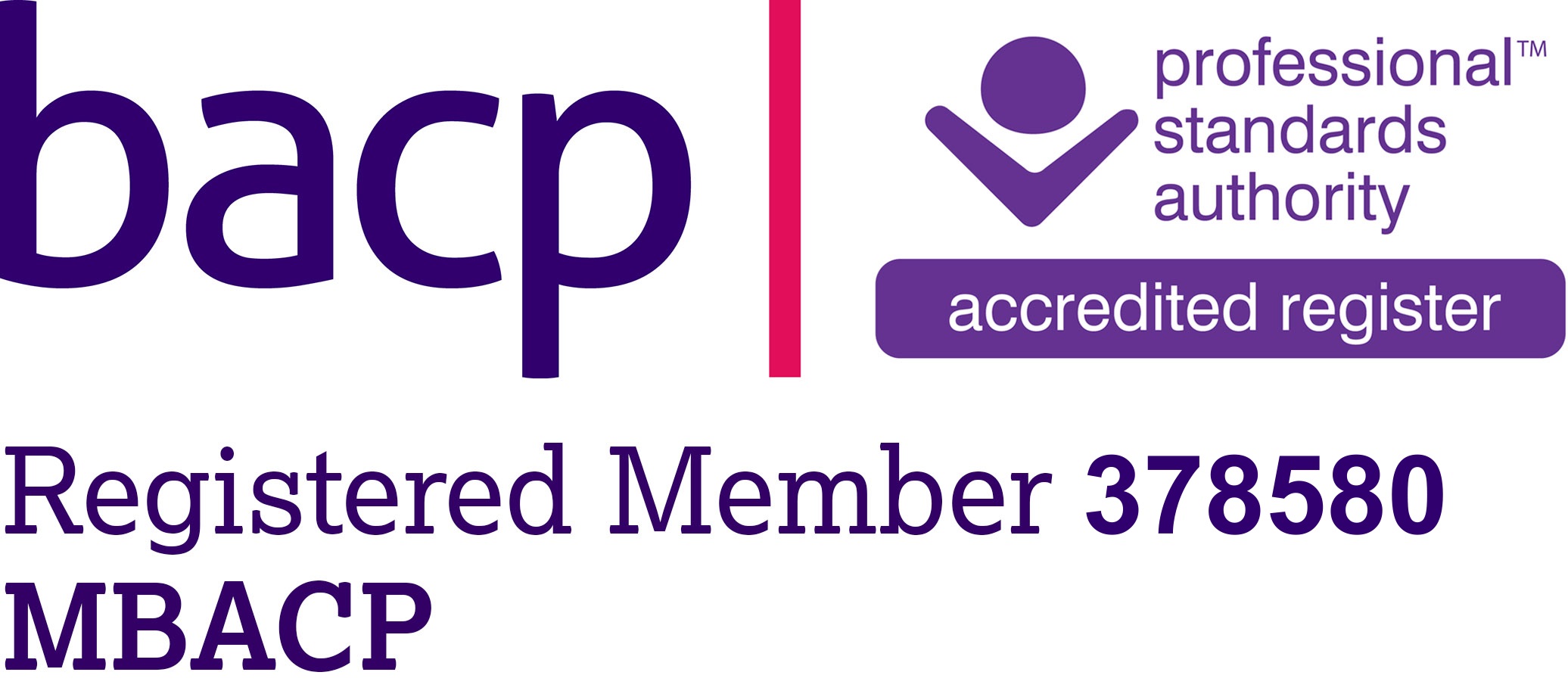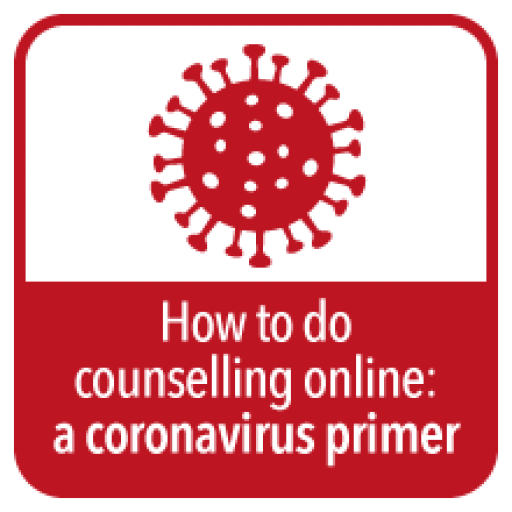FOR QUALIFIED AND/OR IN-TRAINING COUNSELLORS/PSYCHOTHERAPISTS:
Let me start by asking you some questions:
Do you truly enjoy your Clinical Supervision or do you think it's a "necessary evil" to stay within the boundaries of the appropriate way to practice?
Would you like a supervision session to reflect your counselling/learning needs rather than just ticking the boxes for the sake of "mandatory supervision?"
Are you curious to see what your supervision could be if you felt supported and encouraged to be braver in your counselling profession?
If yes, then please get in touch.
About me and what I offer in my supervision:
I think the word “Supervision” is an intriguing way to describe the process of mentoring, supporting and offering a space for reflection and for professional development when it can also mean to be managed and overseen by another.
Semantics aside, if you value your own autonomy, agency and want to work within a trusting partnership alongside another counsellor/psychotherapist then I offer you a welcome space to do that.
I may have more experience (or not!) in the counselling world than another but the supervision space I offer is of a pluralistic nature and its there for development, growth and inner work as well as to support you with your important client work.
In my fledgling counselling training days, I remember the very first supervisor I ever went to matter-of-factly telling me that they weren’t to be my therapist and I was to go to counselling for that if personal issues arose. I was not to bring personal work into the supervision space.
If that wasn’t a wake-up call about our therapeutic relationship incompatibility then being micromanaged into “ticking boxes” for the supervisor’s peace of mind before I’d even had my first placement client was. This distinct lack of trust in my own agency left a bitter taste as I vowed never to repeat that experience with another counselling peer.
In contrast, I hope that our supervision experience can be a trusting, exploratory space for each of you, whether in-training or highly qualified counsellors/psychotherapists, as sometimes it’s the unexpected experiences that push us to our edges of comfort and is where we can grow professionally and personally.
I speak very candidly, as an unspoken between us can potentially create divide and unease, so if you're someone like me, who appreciates it said out loud and directly then we are half way to a good fit.
To be supported and heard during the difficult times is just as important as celebrating and validating the more enjoyable aspects of the client/inner work.
If this sounds like a supervision space you’d like to explore, then please drop me an email and we can start the “fitting” process to see if we can and want to work together.
I look forward to hearing from you soon.
As much as we may want to support and help children and young people to thrive and live their best lives, sometimes life gets difficult and we are ill-equipped to support the young person in the most helpful way.
This is when reaching out for counselling to support them may be the best course of action for them.
Counselling children and young people is very different to adult counselling and it's important to find the right counsellor for the situation. Additional training for the purpose of working with young people is usually an extra qualification in addition to the adult counselling qualification.
This is to ensure that the legal and safeguarding framework is robust when working with children and young people and it's different to working with adults.
What can you expect from CYP counselling?
Age depending, the sessions can help the child/young person to navigate their own feelings and experiences in a way that is age appropriate. Older children (11 years and above with capacity) can attend the session on their own.
Some of the issues that counselling can help a young person with are; anxiety, bullying, interpersonal difficulties with friends/classmates, family issues at home, sibling rivalry/jealousy, divorce, estranged/absent parent/carer, death of a loved one/pet, moving away, new school, gender issues, romantic relationships, career and further education support, to name a few.
There's no right way to be in the therapy sessions and usually the young person will know if they can and want to work with a specific counsellor.
Sometimes they don't want to, even when the parent wishes it for them and feels it would be in their best interest to get outside support. This can sometimes be difficult for the parent to accept especially when you can see that your child is struggling.
Private one-to-one counselling can take place in a counselling room or online/telephone, depending on the young person's preference.
Look under the Counselling Directory/BACP Directory listings for qualified CYP counsellors to ensure the best support for your child.
Other counselling options for young people:
A lot of schools are currently offering counselling within the school environment and it should be a free service in state schools in Scotland.
Some schools have a self-referral policy (where the young person can talk to a counsellor privately without the parent or pastoral care team being involved in the referral.)
Not all schools offer this, and certainly some schools are actively opposed to offering the service to the young people without the parents consent and won't offer pupils the option of a self-referral. So feel free to ask your child's pastoral care team at school about the service provision for school pupils.
Also, ask where this confidential information of the pupil (the counsellor's session notes) are being held and how this information is used by the school counselling team.
Safeguarding of young people's welfare is paramount but if there is willy nilly access by school staff/others to confidential sessions notes of the pupil that aren't of a safeguarding nature, then this is not a confidential service being offered to the pupils and it's important that this is explained to the young person before they engage in the counselling sessions.
The pastoral staff are usually working with a young person's care and best interests, so don't be afraid to ask the direct questions to get the best service for your child.
Counsellors that work in schools may not have the children and young person's extra certificate qualification either, so don't be afraid to ask about their further experience with children and young people in a therapeutic setting.
#counselling #bullying #relationship difficulties #friends classmates #family issues, sibling rivalry #jealousy #divorce #estranged #absent parent #death #moving away #new school #gender issues #romantic #career #further education #BACP #Counselling Directory #Southside Counselling #East Kilbride
MENOPAUSE

"I'm afraid I'm losing my mind",
"I feel so angry all of the time",
"I want to just run away and hide from everything some days",
"I don't feel like myself at all anymore", "I'm waking up with my heart pounding during the night",
"I'm losing my hair and I'm hot/cold a lot of the time",
"I'm worrying and having panic attacks",
"I'm crying at every silly little thing",
"My joints ache so much I'm afraid that I might have cancer" and
"I feel suicidal"
These are just some of ways that women are describing the experience of peri/menopause for them.
Peri-menopause is the term used for the hormonal state that can typically occur from 44-54 years of age and Menopause from 55 years. Every body is unique so this is a rough estimate.
It's a time that traditionally grandmothers and mothers would have carried on with their respective lives in a "grin and bear it" fashion and it was rarely spoken about between the generations.
Thankfully the tide is slowly turning on this collective silent suffering and the burden of womens experiences is being shared and spoken about openly more and more amongst women of all ages. High profile celebrities like Davina Macall and Meg Matthews and politicians like Nicola Sturgeon have all spoken openly about their own struggles and fears with regards to this "natural time of life."
The main symptom of "hot flashes" are the mainstay of the medcal professions enquiries about how a woman is experiencing the "change" but there are roughly 34 known symptoms that can occur at this time of life.
Some of the lesser known ones are:
- Itchiness
- Fatigue
- Brain fog/memory issues
- Vaginal dryness
- Decreased sex drive
- Increased sex drive
- Mood swings
- Irritability
- Joint pain
- Panic Disorder/Panic attacks
- Breast Soreness
- Thinning hair
- Disrupted sleep
- Incontinence
- Heart palpitations
- Digestion changes/issues
- Burning mouth
- Tingling extremities
- Headaches
- Anxiety
- Depression
- Electric/zapping sensations in the head/body
- Muscle aches
- Bloating
- Altered sense of taste
- Body Odour changes
- Weight gain
- Hair loss
- Brittle Nails
- Bad breath
- Suicidal thoughts
- Vertigo
There's clearly a lot more of those symptoms going on than just the "hot flashes/flushes" and yet they are rarely spoken about in polite society.
Being able to express these feelings, experiences, fears and of course hopes and positive outcomes in a supportive group are invaluable in normalising this time of life. If this sounds like something you might benefit from then email me at This email address is being protected from spambots. You need JavaScript enabled to view it. and I can send you details of the support group.
Continuing Professional Development for counsellors and those interested:
Greenwood Events are an excellent event platform for all of the latest courses and events pertaining to the world of mental health and well-being interests.
Check out the list of courses at: https://www.greenwoodevents.co.uk/events/
Resources:
Other helpful organisations:
- https://www.anxietyuk.org.uk/coronanxiety-support-resources/
- https://www.childline.org.uk/
- https://www.mind.org.uk/
- https://www.samaritans.org/
- https://www.rethink.org/
- https://youngminds.org.uk/find-help/for-parents/parents-helpline/
Scotlands Domestic Abuse and Forced Marriage Helpline remains open 24/7. Please give them a call and they can support you via phone, email or webchat if these issues are affecting you.
#greenwood events
STRESS:
The Mental Health Foundation has some great resources on reducing and managing stress too. Have a look at their website.
https://www.mentalhealth.org.uk/publications/how-manage-and-reduce-stress
#anxiety #mentalhealth #counselling #depression #therapy #selfharm #grief #loss #fear #relationships #lonely #scared #alone #support #help #stress #wellness #mad #therapist #counsellor #psychotherapist #glasgow #children #school
I'm a registered memeber with the BACP (British Association for Counselling and Psychotherapy) and The FHT (Federation of Holistic Therapists).
I'm also a member of ACAMH (The Association for Child and Adolescent Mental Health)
I ahere to their guidelines on the professional code of ethics, standards and best empirical evidence in my counselling practice.
More details about the guidance and complaints procedures of these professional bodies can be found at the links listed below:
FHT: https://www.fht.org.uk/how-to-raise-a-concern-or-make-a-complaint-about-an-fht-member
Subcategories
HEALTHY LIVING
Ooops - Page under construction - please check back soon ![]()
Neurodiversity
Neurodiversity:
The umbrella term for the brain processing differences compared to the neurotypical population.
This term may also incorporate the traits and characteristics of a Highly Sensitive Person (HSP), a person with ADHD, a person with Autism and a person with Aspergers. There are also language and sensory input differences that may also be covered under this term.
If you’re on any social media platform and have accessed any online tool, test or shown an interest in any article on ADHD, for example, then the likelihood of you coming across the term “Neurodiversity” is extremely high.
In fact, the algorithms may have strongly indicated that you are indeed neurodiverse yourself and so you will now be bombarded with endless physical signs and symptoms to compare your life struggles to.
Be wary of this type of “pattern matching”. Neurodiversity isn’t trendy or the “in thing” to acquire.
While there are many, many wonderful and creative strengths and differences to a neurodiverse thinker, the way that the world is neurotypically set out is difficult at times for a neurodiverse person.
This means that a large number of neurodiverse people are suffering with burnout, emotional overwhelm, social difficulties, bullying, anxiety, sexual problems, addiction, work and school related difficulties, depression and relationship breakdowns to name a few.
Diagnosis, except for the very young or postcode lucky, is “potluck” with regards to appropriately and sensitively trained staff, prohibitively costly and is a very, very time-consuming process and that’s before the medication criteria have been met, if you’re deemed suitable.
I’m a neurodiverse aware counsellor and while I can’t diagnose in a way that the medical profession is allowed to, I can work with your neurodiverse diagnosis and/or your own curiousity if you think that you might be.
If this is something you think you might want to explore then please contact me at: This email address is being protected from spambots. You need JavaScript enabled to view it.





